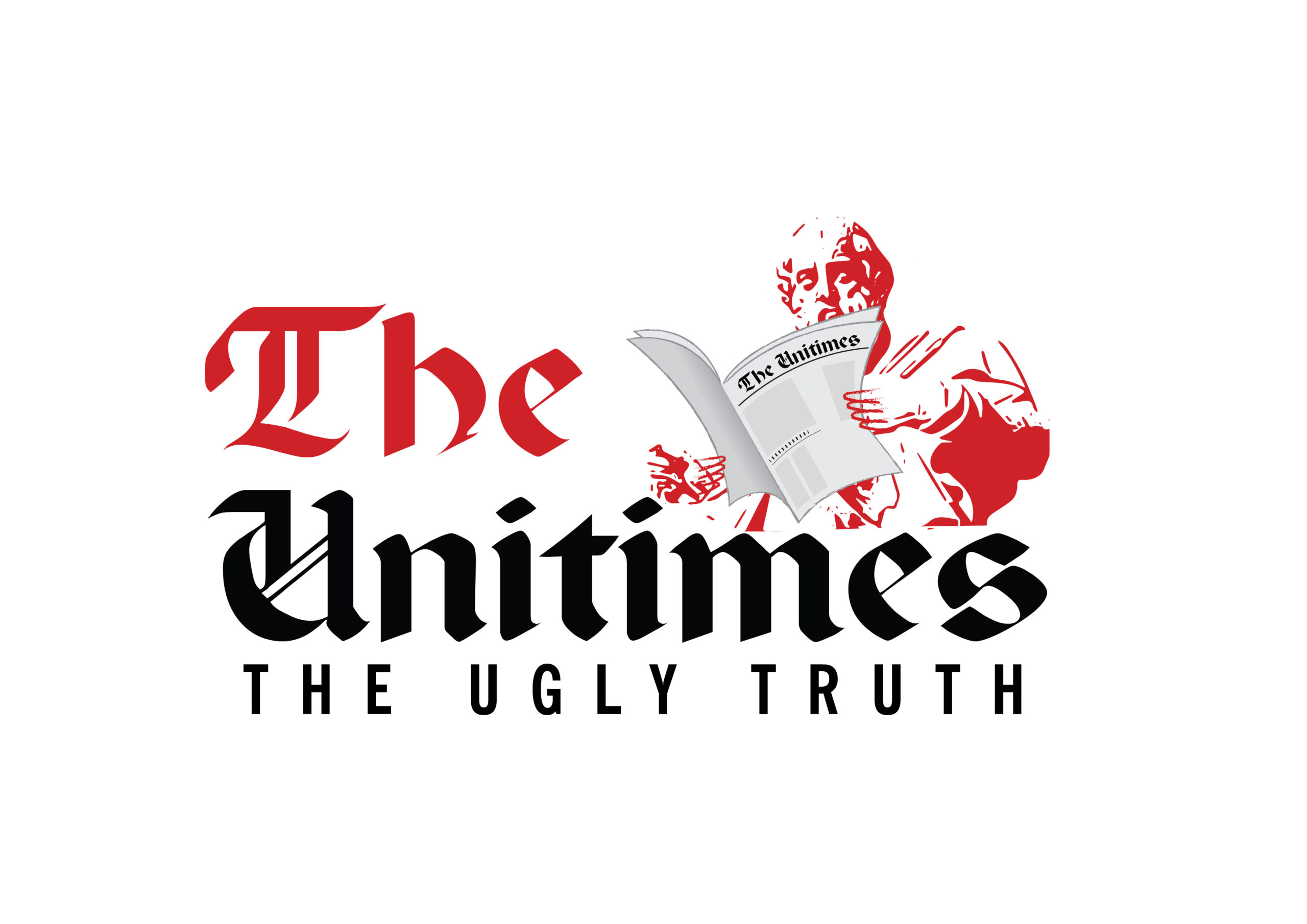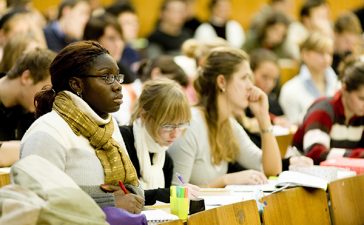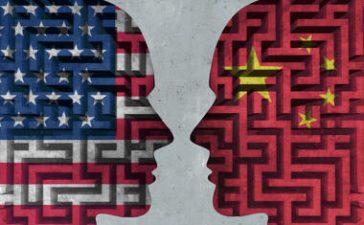Last month, one of the most popular Netflix programmes in Vietnam was Kingdom. In case you’ve recently been living off-the-grid, it’s a 2019 South Korean political period supernatural thriller web television series set in the late 16th century about a crown prince who becomes involved in political intrigue and is forced to investigate the spread of a mysterious undead plague that has afflicted the king and the country’s southern provinces.
Part of its appeal is that, as bad as COVID-19 can be, it pales in comparison to the undead plague. Think of Kingdom as a fantasy escape from the stress of the many coronavirus-related fears and restrictions. That pretty much sums up the current gloomy environment mirrored by the unseasonably cool and overcast weather in northern Vietnam.
One rather large bright spot, however, is that Vietnam has 260 confirmed coronavirus infections, as of 12 April, in a population of more than 97 million people living in a densely populated country that shares a long border with China, a key trading partner and the source of COVID-19. (This includes 144 people who have recovered.) That’s fewer than all but one US state. Miraculously, there have been no deaths so far.
Vu Duc Dam, deputy prime minister, predicted last month that the total number of confirmed cases would not reach 1,000, if prevention measures are strictly adhered to. While no one can predict the future and only time will tell, he may very well be right. It is an extraordinary collective achievement worth aspiring to. For countries with the humility and vision to learn, Vietnam offers myriad instructive lessons, starting with how to handle a global pandemic.
Economic impact
A tiny yet highly contagious viral enemy whose crown-like shape can only be seen under a high-powered electron microscope has thrown a gigantic wrench into many sectors of Vietnamese society, including education. Overall, GDP growth plummeted to about 3.82% for the first quarter, the lowest rate since 2010. Last year, it was 7.02%.
While the manufacturing and construction sectors grew by 7.12%, services by 3.27%, and agriculture, forestry and fisheries by 0.08%, the hospitality and food industry dropped by 11.04% year on year because of a drastic decrease in tourism and government orders to shut down non-essential businesses such as restaurants and cafes as a means of containing the spread of COVID-19.
In addition, up to 18,600 companies temporarily suspended business in the first quarter. Many have cut staff salaries or laid off employees. One of the few growth industries is delivery for a variety of products that can be ordered online.
Economic activity has ground to a virtual halt. While there are some exceptions, for example, convenience stores, supermarkets, pharmacies and petrol stations, most non-essential businesses are closed. In fact, most of once bustling Hanoi and Ho Chi Minh City look like ghost towns.
Remarkably, while Vietnam’s 2020 growth is projected to slow to 4.8%, it will remain one of Asia’s fastest growing economies, according to the Asian Development Bank.
Unlike the United States, whose president continues to flirt with the idea of getting back to business because, in his words, “we can’t let the cure be worse than the problem”, there has been no talk of opening up the economy any time soon. This is the price that Vietnam is willing to pay to ensure the containment of COVID-19: short-term economic pain for long-term public health and societal gain.
Education industry hit hard
The education industry, which relies heavily on face-to-face interaction and family ability to pay, has also fallen victim to the COVID-19 pandemic. International colleagues are not permitted to travel to Vietnam; for the time being, most advising is done online and via telephone; and public events are forbidden, which means no education fairs or small-scale events such as coffee talks. To further illustrate this point, the prime minister has forbidden gatherings of more than two people.
Understandably, parents and students normally interested in overseas study are distracted and not focused on it at the present time. Some are planning to postpone any study abroad plans for at least a year and others will have to re-evaluate their finances to see what they can afford in the post-COVID-19 era.
Since arriving in Vietnam nearly 15 years ago, I have had an almost steady stream of good news to share with international colleagues, replete with occasional references to riding the wave and rising stars. Vietnam has been immune to most of the challenges facing educational institutions involved in international student recruitment, including those created since 2016 by the current nativist US administration.
Consistent with the adage that all good things must come to an end, everything changed almost overnight with the explosion of the COVID-19 epidemic and its rapid metamorphosis into a global pandemic. While Vietnam remains an island of stability and best pandemic practices, the coronavirus has sent shock waves through society, making people rethink and revise their plans about what to do after COVID-19 has been subdued.
Educational advisers, including those on my staff, have been working tirelessly at all hours of the day, doing their utmost to provide students and parents with care, reassurance and accurate information in general and about rapidly developing situations that are unique to the countries in which students have been studying, for example, Canada, the Netherlands, the UK, the USA, etc.
In a recent message to students and parents, I noted that while the spread of a virus like COVID-19 is a downside of globalisation and has made the world a bit scarier and less accessible for the short-term, it remains interconnected, which means that the knowledge, experience, skills and connections that young people acquire from a quality overseas study experience will still benefit them in their personal and professional life.
Now is a golden opportunity to give this more thought and begin planning for what comes next.
Among the hundreds of thousands of young Vietnamese studying overseas, many have returned home and are studying online, while others decided to stay put, depending upon the country in question or their personal situation. At this point, with few exceptions, only people with a Vietnamese passport are permitted to enter the country and all must spend two weeks in quarantine, assuming their coronavirus tests are negative.
What follows is a brief discussion of several hot-button issues that will have implications for the short-term future of overseas study and student recruitment.
Healthcare access abroad concerns
One of the reasons why so many Vietnamese students decided to return home, often at the behest of their worried parents, was because of concerns about access to treatment for COVID-19 and about the prohibitive cost of that treatment, along with the host country government’s approach to dealing with the COVID-19 pandemic.
Many believed that their children would be safer at home than in the UK or the US, for example, both of which suffer from incompetent leadership that acted too slowly to contain the spread of the coronavirus.
Shocking media stories and images of forklift operators loading bodies of COVID-19 victims into refrigerated trucks and a field hospital being constructed in Central Park in New York City add to the surreal atmosphere created by this global health emergency and clash with Vietnamese perceptions of the United States.
Seven of the top 10 US states for Vietnamese student enrolment are also among the top 10 in number of coronavirus infections, including New York, Massachusetts, California, Pennsylvania, Illinois, Florida and Texas.
Anti-Asian racism rears its ugly head
Another widespread problem has been anti-Asian racism. As of the end of March, at least 1,000 hate incidents had been reported since the beginning of the pandemic in the US across the online reporting forum Stop AAPI Hate, a separate site led by OCA – Asian Pacific American Advocates and a third initiative overseen by Asian Americans Advancing Justice.
A number of Vietnamese students have expressed concern about this problem, either based on personal experience or that of their classmates and friends. It has been a hot issue on Facebook, the Vietnamese blogosphere and various online chat apps.
In the case of the US, which enrolled 29,976 young Vietnamese at all levels, but primarily in higher education, in January 2020, it doesn’t help that the US president has frequently referred to COVID-19 as the “foreign” and, more recently, “Chinese virus”, which encourages and empowers racist Americans to discriminate against anyone who looks Asian. These racist incidents, of course, are not limited to the US.
It is, in fact, another reason why parents wanted their children to return to Vietnam, in addition to the rate of infections and concerns about healthcare access and cost. It may very well have an influence on the choice of overseas study destination over the next few years.
One parent whose daughter was planning to study overseas in 2020-21 was angry after seeing a story about a group of students in Belgium wearing traditional Chinese clothing and a nón lá, a Vietnamese conical hat, with “corona” written on it. She will most likely send her daughter to an international university in Vietnam with the hope that she can transfer to a US institution in her sophomore year.
RMIT, which has campuses in Ho Chi Minh City and Hanoi, is offering new 1+2 or 1.5+1.5 programmes on their campuses in Vietnam and Australia.
Online instruction is getting old fast
Since Vietnamese students, both K-12 and higher education, have been studying online since the Lunar New Year, they are getting bored with this type of instruction and looking forward to the day when they can be back in the classroom for face-to-face instruction, not to mention the chance to interact with friends.
While online learning seems like a no-brainer during this time of social distancing and isolation, it is not a method of instruction that is likely to be welcomed with open arms.
Showing students and parents the love
Responsiveness is more important than ever. One student chose to study at a private university in the Midwest simply because his family appreciated how quickly the university responded to his application. They interpreted it as a high level of caring and concern.
In another example, some parents ask advisers to update them every couple of days. They simply want to be reassured and have confidence in the entire process. This is good advice for higher education colleagues involved in recruitment and admissions.
Recruitment strategy reset
For those institutions that recruit in Vietnam, or are planning to do so, there are a number of factors to consider as a result of COVID-19.
Institutional performance under pressure: While most educational institutions have responded quickly and compassionately, some have not. Advisers and parents are watching and making mental notes. Schools and higher education institutions will be judged and evaluated on the basis of how they deal with this crisis. Expect a long list of questions from students and parents and be prepared to answer them in a timely fashion.
Cost of online vs classroom instruction: As with many local students and parents, many Vietnamese are unhappy with the fact that they are being asked to pay the same tuition fees for online instruction, which ranks a distant second to traditional classroom instruction, in their view.
Long-term presence in Vietnam: Consider in-country activities and possibly an in-country representative if you have sufficient resources and a long-term vision for Vietnam.
Increased price sensitivity: Many parents will be more price sensitive in the next couple of years because of the economic shutdown. For many who are business owners, revenue has dropped precipitously in the short term.
Suburban or small college town stock rises?: Preliminary information from parents indicates that there may be heightened interest in suburban locations and college towns vs large cities because of the perception that they are safer. Big cities may not be as desirable as they used to be because of extensive coverage of New York City as the US epicentre of the coronavirus, for example.
In lieu of face-to-face interaction: Since international colleagues are not permitted to travel to Vietnam right now, they should continue to promote their institutions via digital marketing, video chats and periodic updates for agents, parents and students.
As I mentioned in a special message to Vietnamese parents and students, this, too, shall pass. While it won’t be ‘business as usual’ for quite some time, now is the time to lay the groundwork for what you want to achieve after COVID-19 recedes into history.







